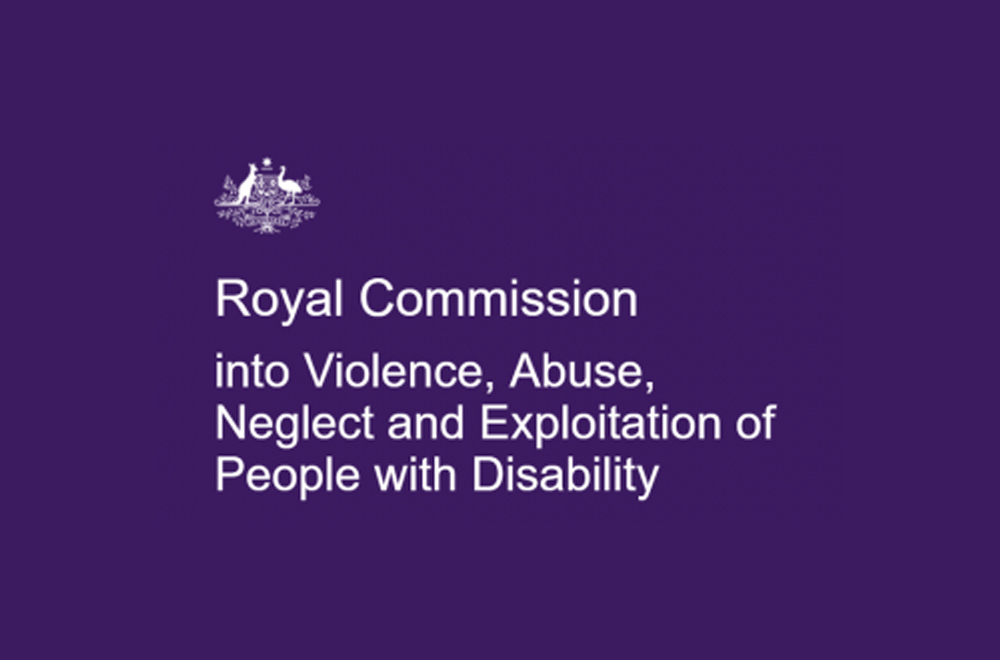The Royal Commission into Violence, Abuse, Neglect and Exploitation of People with Disability has released a report into the education and training of health professional when it comes to people with cognitive disability. This includes people with intellectual disability, autism, acquired brain injury and dementia.
The report makes 9 findings and 12 recommendations in relation to education and training of health professionals including nurses, dentists, pharmacists, psychologists and speech pathologists.
Public hearing 10 investigated the education and training of health professionals in relation to care provided to people with cognitive disability in all health fields, This hearing was influenced by Public hearing 4 which addressed health care and services to people with cognitive disability, with the commission acknowledging this is a critical area of reform.
Evidence was received in Public hearing 4 about the health care barriers faced by people with cognitive disability, resulting in the commissioners finding that people with cognitive disability are subject to systemic neglect in the health system.
Key findings in the public hearing 10 report include:
- Education providers do not have consistent curriculums when teaching students about how to provide care to people with cognitive disability.
- There are currently no specific requirements to teach health care students about how to provide safe and quality health care to people with cognitive disability. This means that courses vary in how much they teach students about cognitive disability health issues and not all health professionals develop appropriate skills in providing health care to people with cognitive disability.
- Clinical placements do not consistently prepare students with skills to provide care for patients with cognitive disabilities. Not all students have access to clinical experiences relevant to cognitive disability health.
Key recommendations include:
- A steering committee is needed to develop a cognitive health capability framework that informs education and training for health practitioners across all training stages.
- The steering committee should include people or representatives of people with lived experience of cognitive disability.
- The capability framework should specify the core knowledge, skills and attributes required to provide quality health care for people with cognitive disability.
- The Australian Government and education providers should take steps to ensure that continuing professional development programs address the health care of people with cognitive disability.
The Public hearing 10 Report recommends that the capability framework needs to be developed and co-designed by people with cognitive disability and supported by the Australian Government.
The findings and recommendations will also inform current Australian Government initiatives including the implementation of the National Roadmap for Improving the Health of People with Intellectual Disability.
While the Public hearing 10 report contains findings and recommendations, it is published as a commissioners’ report and will not be delivered to the Governor-General or tabled in parliament. The recommendations may be modified in the Final Report depending on developments in the meantime.

